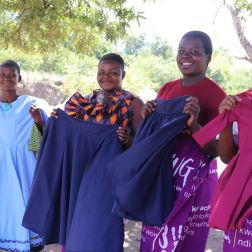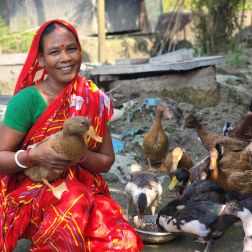- 6 mins read time
- Published: 20th January 2020
New Report: Ireland has fifth largest number of billionaires per capita in the world, mirroring global inequality trends
- New report highlights sexist global economy that is hitting women and girls hardest
- Women’s unpaid care work worth three times the value of global tech sector
- Oxfam Ireland calls for meaningful engagement with Citizen Assembly to address unpaid care work
Ireland has the fifth largest number of billionaires in the world, relative to its population, Oxfam revealed today on the launch of its annual report on inequality ahead of the World Economic Forum in Davos, Switzerland.
The report – entitled Time to Care – highlights how global inequality is out of control with the world’s 2,153 billionaires owning more wealth than the 4.6 billion people who make up 60 percent of the planet’s population.
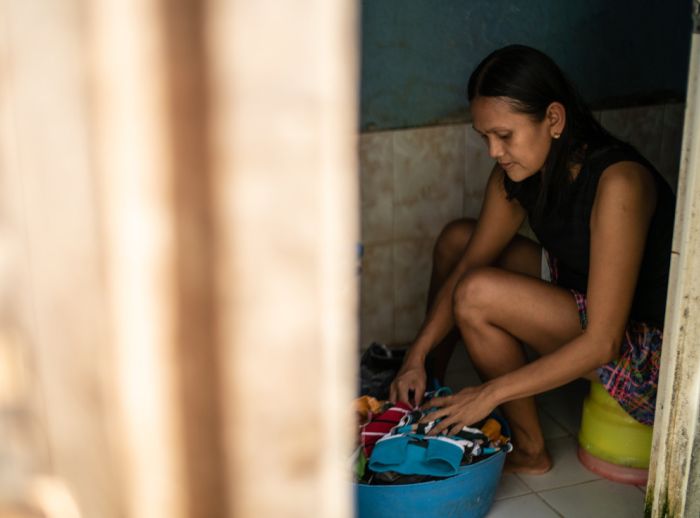
Ireland’s disproportionately high number of 17 billionaires – the vast majority of whom are men – shows that the country is mirroring this global trend when it comes to wealth inequality. Ireland ranks fifth in the world after Hong Kong, Cyprus, Switzerland and Singapore in terms of relative number of billionaires and has one of the highest levels of wealth inequality in the EU.
Oxfam’s new report sets out how extreme inequality is trapping millions of people in poverty around the world – although estimates of the wealth of the world’s poorest have been revised upwards this year, half the world’s population continue to live on less than €5.00 a day ($5.50) and women in particular get a raw deal as the global economy fails to adequately reward those who carry out care work.
Globally, women do more than three-quarters of all unpaid care work. Women and girls are putting in 12.5 billion hours of unpaid care work every day, such as looking after children and the elderly, which amounts to a contribution to the global economy of at least $10.8 trillion a year – more than three times the size of the global tech industry. Countless more are paid poverty wages for care work.
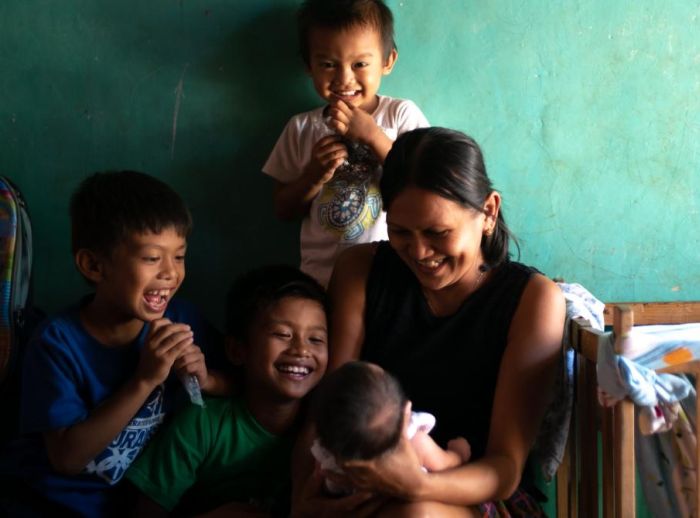
In Ireland, women carry out 38 million hours of unpaid care work every week, contributing at least €24 billion to the economy every year – the equivalent of 12.3% of the entire annual Irish economy.
Jim Clarken, Oxfam Ireland Chief Executive, said: “Sexist economies are fuelling the inequality crisis — enabling a wealthy elite to accumulate vast fortunes at the expense of ordinary people and particularly women and girls. Our upside-down economic system deepens inequality by chronically undervaluing care work – usually done by women and girls.
“They are among those who benefit least from today’s rigged system, carrying the burden of unpaid care work and often left with little time to get an education, earn a decent living or have a say in how our societies are run. And yet, the global economy would not function without them. Unpaid care work is the ‘hidden engine’ that keeps the wheels of our economies, businesses and societies moving.”
The pressure on carers, both unpaid and paid, is set to increase in the coming decade as the global population grows and ages. An estimated 2.3 billion people will be in need of care by 2030, an increase of 200 million since 2015.
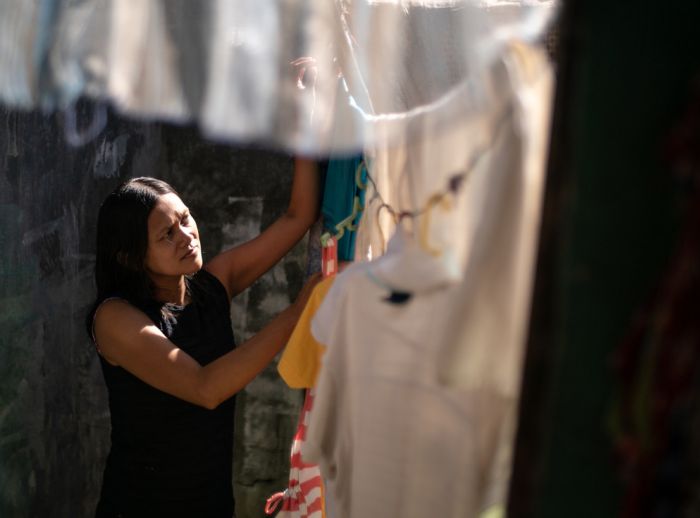
The report also looks at governments’ role in fueling the inequality crisis, massively under-taxing the wealthiest individuals and corporations and underfunding vital public services and infrastructure that could help reduce women and girls’ workload. Investments in water and sanitation, electricity, childcare and public healthcare could free up women’s time and improve their quality of life.
Oxfam is urging governments to create fairer fiscal systems and crack down on tax loopholes to raise the revenue needed to invest in national care systems and public services that meet everyone’s needs, without relying on unpaid and underpaid work by women.
Getting the richest one per cent to pay just 0.5 per cent extra tax on their wealth over the next 10 years could raise enough money to create 117 million jobs, including 79 million in education, health and social care which would help close the current care gap.
Clarken continued: “Ireland is set to address the crucial issue of care, carers and those who receive care in the upcoming Citizen’s Assembly on gender inequality – an important moment to meaningfully engage – and resource – solutions to the disproportionate impact unpaid care work has on Irish women.
“We’re calling for changes to social and employment policies that support carers, enabling them to combine caring with employment and encouraging more men to participate in care work. For example, more paid shared parental leave or a reformed pension system that means women don’t miss out if they have to leave the work force to care for a loved one. We need high-quality care services, resourced by care workers that are paid a living wage.
“We’re also calling for all Government departments to produce an equality budgeting impact statement on a statutory basis. Ireland needs to comprehensively adopt gender budgeting approaches that systematically involve women’s organisations and civil society, to provide proper scrutiny of the impact of economic and taxation polices, as well as spending priorities, on women and girls.”
Contact Information
ROI: Alice Dawson-Lyons on 00 353 (0) 83 198 1869 / alice.dawsonlyons@oxfam.org
NI: Phillip Graham on 0044 (0) 7841 102535 / phillip.graham@oxfamireland.org

